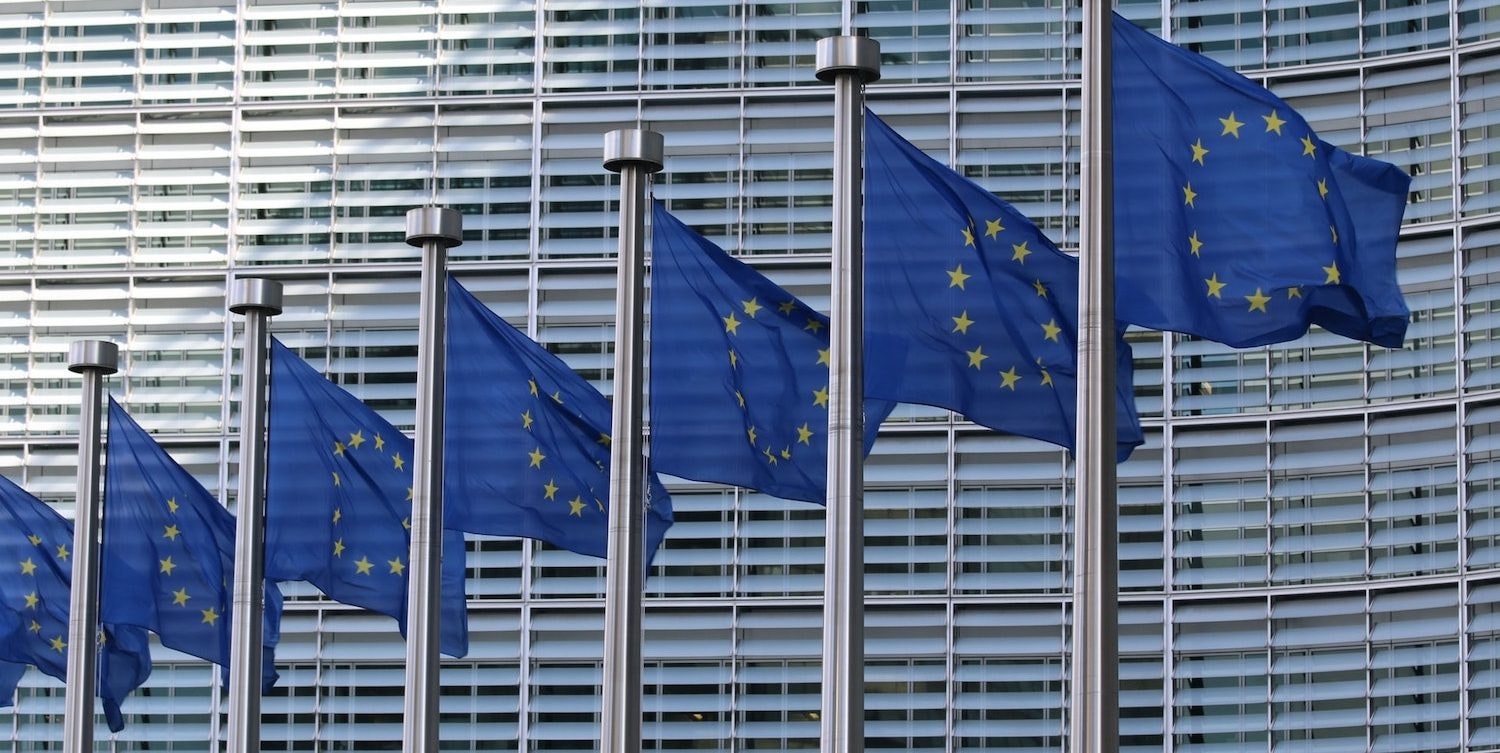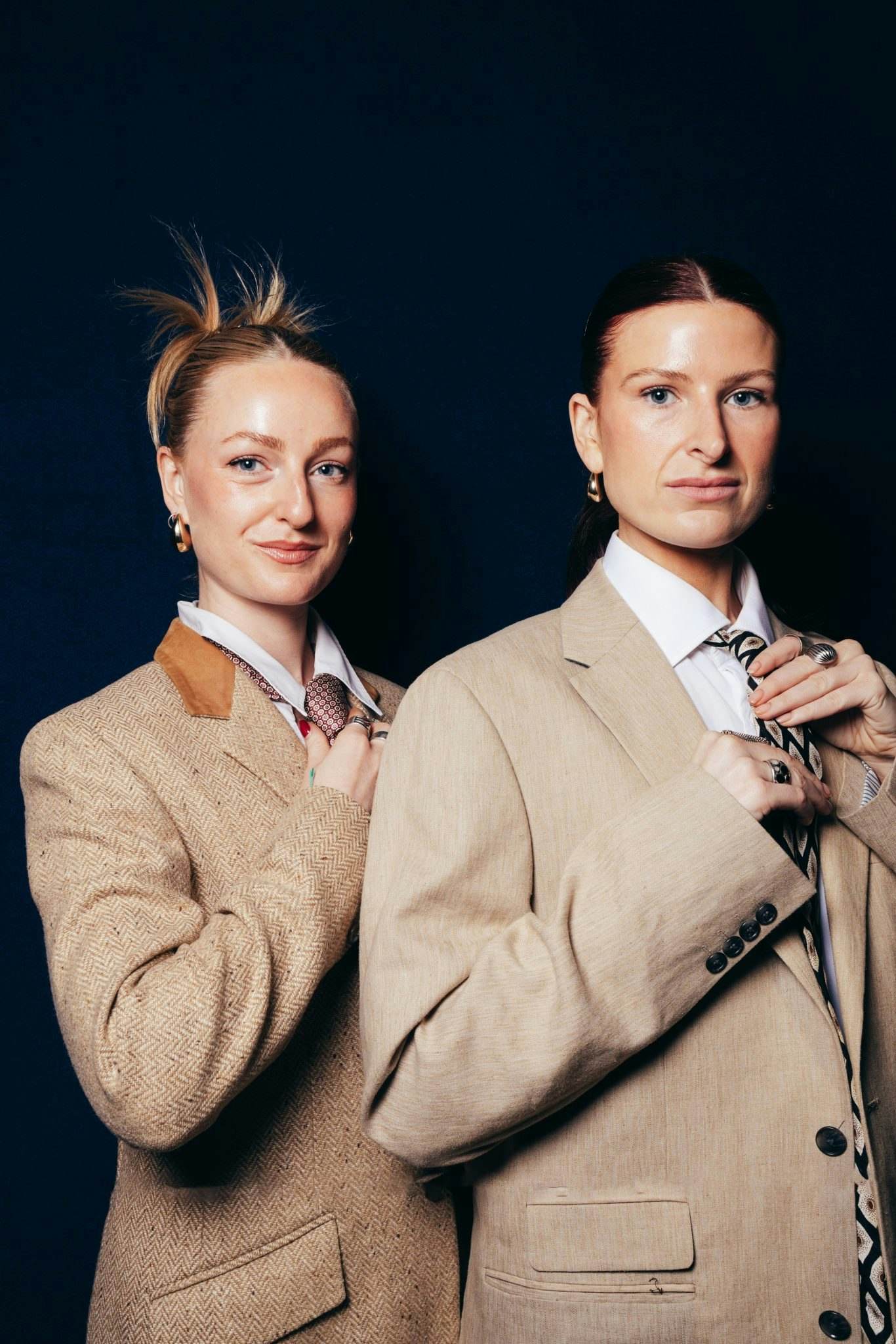Google Ventures (GV) is hiring at least one new partner in London and plans to make more bets in Europe, even as the overall tech market slows, Sifted has learnt.
“We will continue and if anything will accelerate,” Tom Hulme, the GV general partner who leads the European team from London, tells Sifted. “There are real reasons to be optimistic, particularly given 65% of our investments are early-stage, and by the time those businesses exit we'll be in a completely different point in the macrocycle.”
The multistage fund, which is tech giant Alphabet’s venture arm, has a 40-person team worldwide that is free to invest anywhere in North America, Europe and Israel. In total, GV has invested hundreds of millions in Europe since 2020 and invested in 40 startups since 2014; over 30 investments ー new and follow-on — have been made since 2020.
“There’s plenty of space for one or two more partners,” he says.
It’s a strong signal of commitment at a time when some members of Europe’s startup ecosystem are worried that the tech slowdown will cause non-European investors to pull back from the continent; US and Asian investors participated in a record 33% of European deals in 2021. But it looks like long-time players like GV — which has been investing in Europe since 2014 — are staying put.
The majority of GV’s European investments are in the UK — including smartphone maker Nothing and edtech unicorn Multiverse — but Hulme says that the firm is keen on Israel as well, which it currently covers from London. The company also has made investments in Germany, Sweden, Switzerland, Spain, Ireland and the Netherlands.
What areas is Hulme excited about right now?
Hulme says that he’s interested in large language models and generative AI — technologies making new content possible using existing text, images, audio and videos. Think of those awkward, sometimes creepy images that are generated when you type in a prompt like “last selfie on Earth”.
His thesis is that until recently technology like generative AI hasn’t had clear commercial applications — something that’s now changing. Last year, GV participated in the $50m Series B for UK-based, AI-generated video company Synthesia. The company’s product can be used, for example, to create training videos translated into dozens of languages.
Hulme also says that VR might finally be having its moment as more use cases beyond gaming emerge. For example, GV this year backed Gravity Sketch, a UK company that makes 3D modelling possible for designers using VR headsets. They can use them to design anything from cars to shoes.
“Suddenly you have a channel where actually you might have enough users to build a business,” he says.
Other signs of an inflexion point: Meta’s work with the Oculus headset and rumours of an Apple VR/AR headset — “The interesting question strategically is how do Apple take their product to market. Historically, they've done an amazing job of appealing to creators.”
Price inelasticity of things
But while some technologies like VR might just be coming into their heyday, it’s not all roses for the tech market. Both the amount of money invested and the number of rounds into European startups are down, falling 27% and 35% respectively so far this year.
This has also been accompanied by a fall in the valuation of some startups — Klarna is perhaps the most notable example — but Hulme says he “would have predicted that pricing would have shifted faster”.
The reason valuations haven’t adjusted as much yet? Hulme says first, many European companies are sitting on a lot of cash and thus won’t raise again soon — which means they’ll put off being revalued. Second, he is seeing more businesses raising capital with convertible notes, a kind of debt-equity hybrid that allows investors and founders to decide on a valuation later.
Finally, media coverage of funding rounds plays a role, he says. Founders see coverage of large rounds that might have been decided a few months ago but are only now being announced, which makes them think they should be expecting those prices now.
“One way you can describe it is a ‘price discovery gap’; another way you can describe it is ‘really awkward conversation’.”
While lots of investors out there are telling founders to conserve cash in case they can’t raise again, Hulme says he’s looking at his advice in a different way: determine the “clock speed” of their organisation. In other words, how many times can the company refine its product and test it before it finds the right fit and growth takes off?
“We have to be as efficient with it as possible. The best organisations will increase their clock speed in order to make demonstrable progress so that they can fundraise again.”
More awkward conversations
Hulme says he’s also had more difficult conversations in recent months when he’s “wanted to advise the founder based on what's best for them at times that might diverge from what's best for all the investors around the table”.
In one instance, a founder was keen on an exit for a certain price but other investors did not think the price was high enough. “I fell into line behind the founder. It was very awkward.”
He also said that he pushed one founder in the last year to sell 10% of his ownership in the business when he had the opportunity — despite the founder not being so keen himself — something some VCs have traditionally not liked founders to do because they want them to "keep skin in the game".
“He was incredibly focused, incredibly sure of the business, and didn't entertain taking any secondary [money off the table]. He didn't want to because the business is clearly going to be a massive success. I encouraged him to actually take 10% in secondaries when he had the opportunity in front of him because there's a lot of externalities, a lot of things that can happen.”


